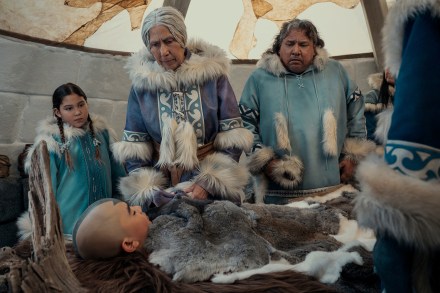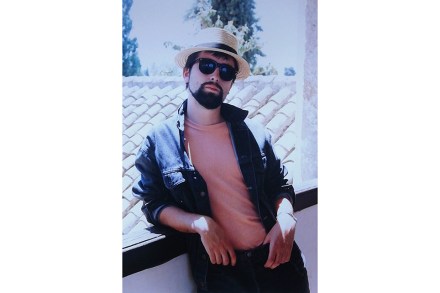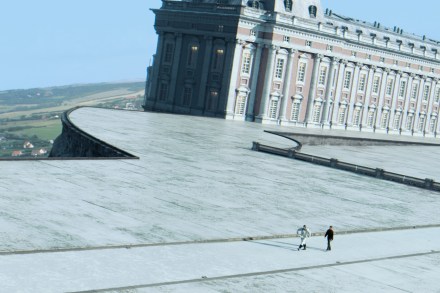A turkey: Netflix’s Avatar – The Last Airbender reviewed
TelevisionBlimey, Avatar: The Last Airbender is a load of tripe. And I really didn’t want it to be. There’s nothing I like more than trawling the networks for exciting new cultural phenomena from the burgeoning, weird oriental TV market – such as Squid Game and One Piece – and bringing it to your attention. Perhaps






























